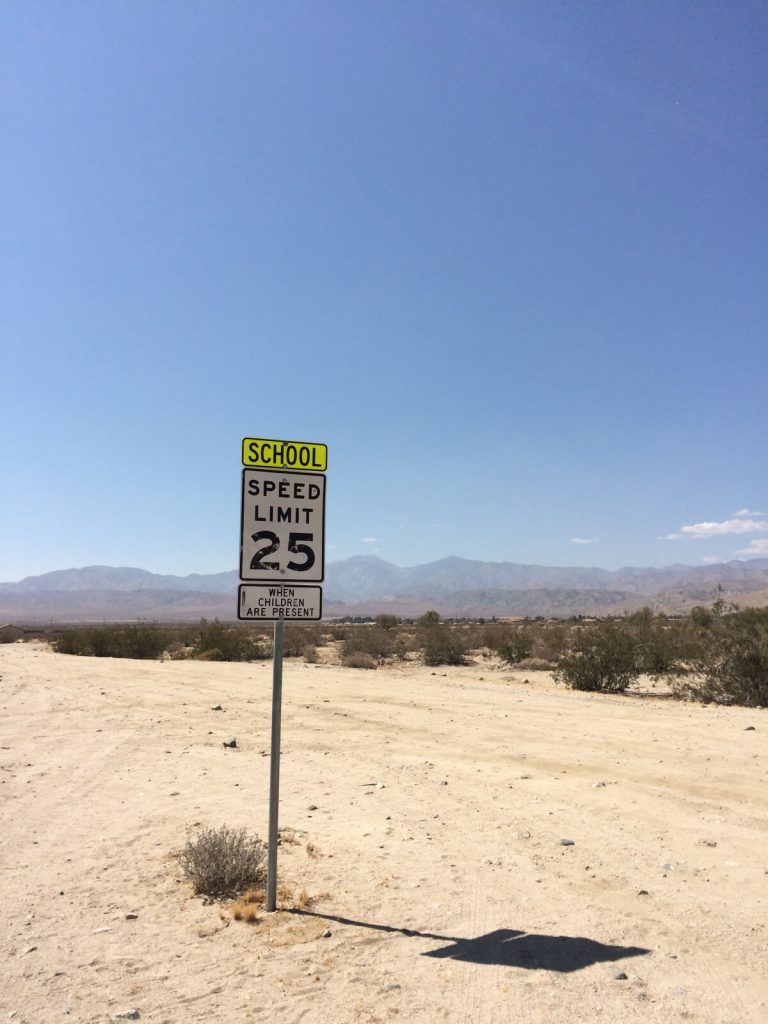Education. It may seem that everything has already been said on the topic, right? Everyone needs it, and yet, according to UNICEF, 59 million primary school-aged children are still denied their right to it. It would therefore appear that we, Europeans, are in quite a privileged position in this regard. However, even we still have not mastered the issue fully. What makes education such a hot topic in the region once again? The reason is simple: politics.
With the recent rise of populists to power in Europe (Hungary and Poland, just to name a few) and their growing influence (in Italy, the UK, and France), education experts in the CEE region look up to the Nordic countries to seek inspiration and proof that liberal solutions in education may actually work. Estonia, an educational beacon of hope for many, still shines brightly and offers a set of best practices that others would like to emulate. In the meantime, Poland prepares for an incomprehensible education reform to be set in motion in September 2017. On the basis of the planned changes, one thing is clear: a school of hard knocks is undoubtedly in store not only for the country’s educators, but students and their parents too.
Just as societies and labor markets evolve, education should too, in order to keep up with the pace of changes. Any ongoing or anticipated reforms shall ensure that education does not mean closing oneself in the ivory tower but rather broadening one’s horizons so that the students of all education levels can pass the exam in real life with flying colors. However, more often than not, education is currently used as yet another tool for garnering political support, which can easily backfire. Ipsa scientia potestas est1 is no more in the eyes of politicians. Now, education is merely an instrument of exercising power.
Although, as Dorothy Parker once said, “you cannot teach an old dogma new tricks”, we choose to believe that it is still possible. After all, to quote Nathaniel Hawthorne, “It is a good lesson – though it may often be a hard one – for a man (…) to step aside out of the narrow circle in which his claims are recognized”. Since it is a lesson we are willing to teach, we shall do our utmost to try to convince politicians and decision makers that education is not something to be toyed with, but rather a very complex system, the equilibrium of which rests solely on the compatibility of all elements involved. Thus, we give you the sixth issue of 4liberty.eu Review, which – by providing an overview of past, present, and potential education reforms in the CEE countries as well as giving insight into good and bad practices from various education systems in the region – may fill in the blanks and offer much needed solutions for other states on the brink of similar processes. Let us learn them by heart in the hope that a more liberal approach can be, truly, a succesful way forward.
Read and learn,
Olga Łabendowicz
Editor-in-Chief of 4liberty.eu Review
Coordinator of 4liberty.eu network
Download Editorial:
Olga Łabendowicz_Learning to Educate_EDITORIAL_Review 6
Download Full Magazine:



